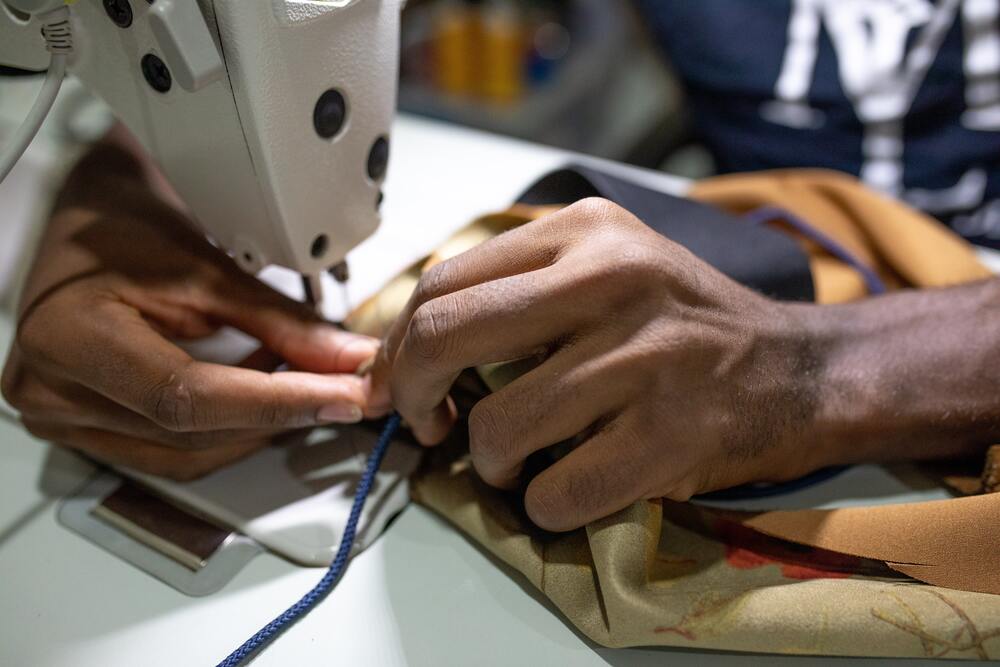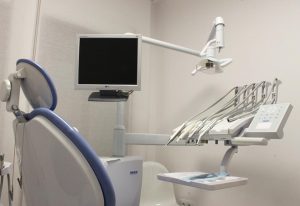
Consider what kinds of stitches you wish to produce as well as whether specialized machines may be required for tasks like embroidery, bar tacking, or buttonhole creation.
Industrial sewing machines typically boast more power and operate at much higher speeds than home ones, making them intimidating for beginners.
Industrial
Industrial sewing machines are specifically tailored for use in professional environments, typically made to perform specific tasks at high volumes or speeds and capable of managing thicker fabrics than domestic models. To maximize efficiency, industrial machines typically feature devices designed to manage fabric types (needle systems and feed mechanisms), so as not to overload the machine. They may also come equipped with attachments tailored specifically for each task at hand.
Selecting an ideal professional best sewing and embroidery machine depends on your stitching requirements and workspace availability. Industrial sewing machines stand out from domestic counterparts because of their faster speed; typically five or 20 times faster on average compared to their domestic equivalents, which makes them useful when working on high-volume projects that need swift completion. Furthermore, on an everyday basis they tend to last far longer.
Industrial sewing machines typically include automatic features like thread cutting and backstitching that help streamline production processes while decreasing operator fatigue. More advanced models may feature additional functions like touchscreen interfaces, programmable stitch patterns and energy saving technologies which further boost performance.
Industrial sewing machines are built for more than just their core operation; they’re also built to withstand wear and tear for extended performance, which makes them an attractive option for businesses that want to minimize maintenance costs while ensuring their machines can continue performing at their maximum levels longer than domestic alternatives.
One of the great advantages of industrial sewing machines is their adaptability; they can operate using various power sources ranging from 110V and 220/440V inputs (some may need converters); in some instances they may even switch automatically between inputs depending on how it was set up.
As with any tool, industrial sewing machines have their own set of risks that should be recognized by those starting out in professional sewing. For instance, many are designed specifically for thick materials like leather and should not be altered by novice users who only know domestic machines.
But for those serious about making their sewing skills their livelihood or wanting to ensure timely deliveries of high-quality garments or goods, an industrial sewing machine is essential. From its multiple benefits and increased lifespan and durability alone, an industrial machine makes for a worthwhile investment that pays dividends with time. A little research will lead to finding one suitable for any business or home workshop.

